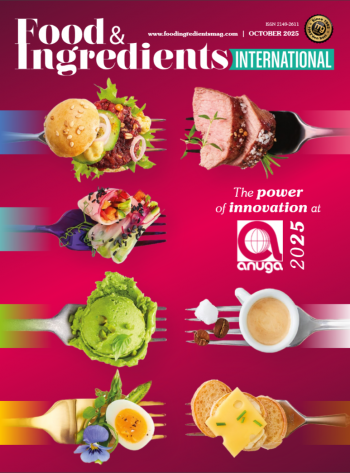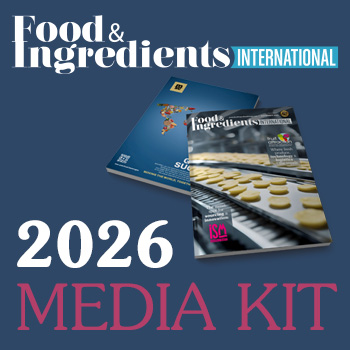Climate change remains one of the greatest challenges of our time, with its impact extending across the globe. Yet, addressing this global crisis goes beyond merely curbing greenhouse gas emissions. It requires safeguarding biodiversity and preserving natural habitats.
Companies like Citromax have taken a proactive stance by integrating sustainable practices throughout their entire supply chain, and even allocating 60% of their lands in Tucumán, Argentina, to the protection of habitats and native ecosystems, actively contributing to the fight against climate change.
Under the Protected Productive Landscape program, Citromax has initiated a series of initiatives to protect biodiversity and safeguard native species. Among the animal species protected in their habitats are the pampas deer, ferret, jaguarundi, ocelot, collared peccary, tamandua, and fox. These animals, some of them endangered, find a safe refuge in Citromax’s protected lands to carry out their life cycles without human interference.
Preserving natural habitats is a key component in the fight against climate change, as healthy ecosystems act as carbon sinks. Specifically, native forests play an essential role in capturing and storing atmospheric carbon dioxide (CO2), thus contributing to reducing the concentration of this greenhouse gas. By protecting and maintaining these forests, Citromax directly contributes to climate change mitigation and biodiversity conservation.
“60% OF CITROMAX’S LANDS ARE PROTECTED HABITATS AND ECOSYSTEMS.”
In addition to protecting animal species, Citromax has also focused on preserving native trees such as Jacarandas, Lapachos, Blackwood trees, Myrtlewood, Red Quebrachos, and Trumpet trees. These trees are fundamental to the balance of local ecosystems, providing shelter and food for various flora and fauna.
Furthermore, Citromax has already begun measuring and evaluating the carbon stock present in all its estates, both in productive plantations and forested areas. Additionally, a comprehensive inventory of the carbon footprint of each of its products is being conducted. These actions will enable the identification of areas for improvement and the development of specific strategies to reduce emissions and offset the carbon footprint of all companies within the Citromax Group. As a prominent supplier of concentrated lemon juice and
CITROMAX IS COMMITTED TO ACHIEVING 100% SUSTAINABLE JUICE VOLUMES BY 2030
NFC to beverage industry companies, Citromax stands as a key member of the Sustainable Juice Covenant, firmly committed to achieving 100% sustainable juice volumes by 2030. In 2020, the SJC set a target of 30% sustainable sourcing, and Citromax surpassed all expectations, achieving an impressive sustainability rate of 65%. Building on this success, by 2022, Citromax further elevated its efforts, reaching a 69%. With determination, the company now aims to reach the ambitious goal of 75% sustainable sourcing by 2025. The ultimate objective is to achieve 100% sustainability by 2030, a significant milestone that will revolutionize the juice industry.
Citromax has been investing resources in environmental care and the sustainability of its business for many years. Additionally, in 2023, the company decided to renew its commitments and take an even greater step, launching the +MAS campaign to promote awareness and ensure sustainability in all aspects, not only environmental but also social, economic, and productive.
“Through the +MAS campaign, we seek to convey our willingness to go beyond the achievements attained so far, to have a broader vision and go that extra mile.” expresses Rodolfo Arrueta, Manager of Environment and Sustainability at Citromax. Under the motto “More Sustainable Actions,” Citromax has reformulated and reaffirmed its commitment to the sustainability of its operations, recognizing the need to take further actions in line with current challenges.



















